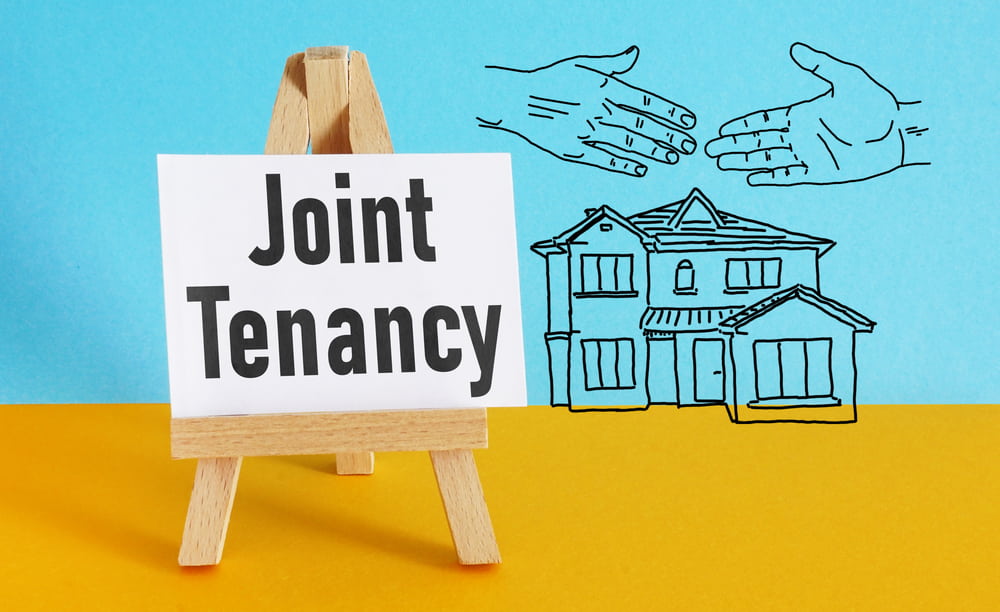Issuing Securities in Ontario – Prospectus and Registration Requirements

This issue comes up often in my business law practice. Many clients – whether individuals or private companies – believe that securities law does not apply to them unless they are public companies listed on a stock exchange. This is false. Securities laws apply to any “issuer” of a “security”: if you or your company […]
Prospectus Exempt Securities: The Private Issuer Exemption in Ontario

Prospectus Exempt Securities – In most closely-held private companies, the private issuer exemption is almost universally applied when shares are initially issued to business partners. However, the private issuer exemption is often a source of confusion – it is widely believed that securities laws do not apply to private companies because the private issuer exemption […]
How do Private Mortgage Transactions Differ on Transactions?

How do Private Mortgage Transactions Differ , There are three (3) key distinctions between private mortgage transactions and mortgages with conventional lenders. The first main distinction is that the lawyer involved in a private mortgage must identify their client. Is it the lender? Or the borrower? Unlike in a transaction with a typical lender, the […]
Status Certificate Review and Your Lawyer
A status certificate is a report on the current state of a condominium corporation, prepared by the board of directors, which offers a financial snapshot of the well-being of the building and condo corporation, and information on those who run it. When you are purchasing a condo, whether in Toronto or the GTA, obtaining the […]
Family, Friends & Business Associates & Prospectus Exempt
Family, Friends & Business Associates, In our blog series on raising capital in Ontario via prospectus exemptions, this blog discusses the family, friends & business associates exemption (“FFBA”). Our post on the private issuer exemption may be found here. The FFBA exemption is similar to the private issuer exemption, because, at some point, the company […]
Joint Tenants v Tenants in common

Joint tenants v tenants in common, there are two types of legal relationships between co-owners of property: they can buy property as either tenants-in-common or as joint tenants. Co-owners can buy property as either tenants-in-common or as joint tenants. Generally speaking, Joint tenancy invokes the right of survivorship, so that upon the death of an […]
Six Frequent Questions about Co-Ownership Agreements

It is essential that an agreement is created with all partners and the contents of any wills or spousal agreements are shared with your lawyer as they prepare your co-ownership agreement so that they align and do not conflict with one other. It may seem very intimate to share your Will with co-ownership partners whom […]
Structures for Construction Contracts

When you are starting your construction project, the first question you need to ask yourself is: “What project structure am I moving forward with?” The answer determines what style of construction contract you will need. The traditional construction model is called “design-bid-build”, however, as we will see, there are many variants of this type of […]
How To Build a Laneway Suite in Toronto
In 2018, the City of Toronto ushered in a remarkable change to the housing market by passing a bylaw permitting the construction of Laneway Suites. Since that time, the City has seen exponential growth in the demand for laneway suites. Provided you live within the bounds of the area permitted by the City, a laneway […]
Prospectus Exempt Securities: Offering Memorandum

If there was one rule which single-handedly prevented the efficient raising of capital in Ontario, it was the restrictions on the Offering Memorandum exemption (the “OM Exemption”). However, in 2016, Ontario introduced a set of new amendments which created a viable offering memorandum prospectus exemption. An offering memorandum exception allows issuers to attract capital from […]




